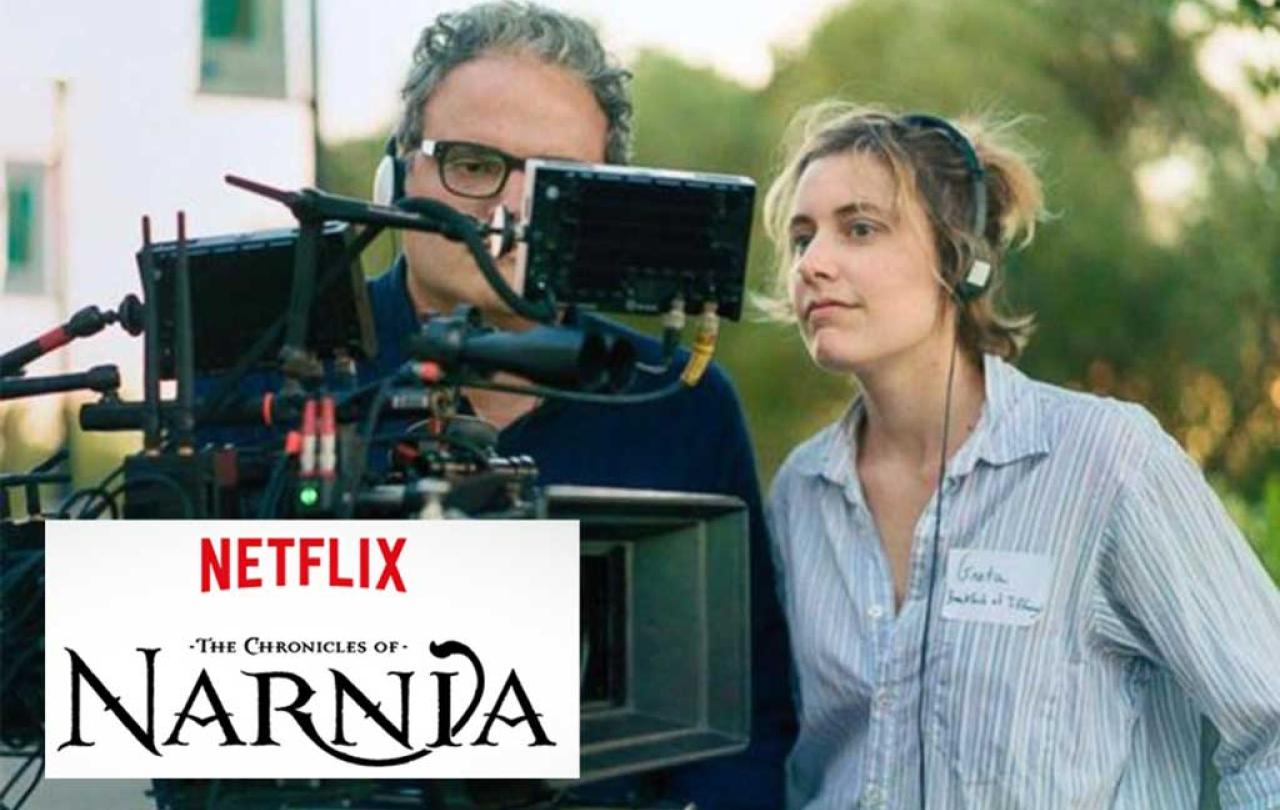
It was, I believe, the late political satirist Simon Hoggart who coined the Law of the Ridiculous Reverse, which held that, if the opposite of a statement is plainly absurd, then it was not worth making in the first place.
This law comes to mind when Labour MP Kim Leadbeater promises that her Assisted Dying Bill will have the “strictest safeguards in the world”, one of which is that those patients who have ordered their fatal dose “would be allowed to change their mind at any time.”
Where, exactly, has it ever been suggested that an individual, having asked for an assisted death, would not be allowed to change their mind? I’m just wondering which legislator or medical professional has proposed that once a lethal draught has been prescribed then there is no turning back.
I’m struggling to picture the circumstance in which a terminally ill patient is pinned down and killed, the last words that they hear being: “I’m sorry Mrs Simpkins, but everyone’s gone to a lot of trouble. You asked for it and you’re jolly well going to get it.”
This is important because, apparently, being able to change your mind about asking for help to kill yourself is one of the strictest safeguards in the world. I hope Ms Leadbeater will forgive me for pointing out that this doesn’t really stack up.
And what’s serious about it is that it’s also a massive straw man argument. The clear and rather devious implication is that one of the arguments being made against the introduction of an assisted suicide law is that patients won’t be able to change their minds about it, which I think we can all accept simply isn’t a fact at all. It’s absurd – a Ridiculous Reverse.
So I’ll defend the NHS with a religious fervour. To my mind, healthcare is a holy mission. We meddle in law with the Hippocratic Oath at our very deep peril.
It’s also hugely contemptuous of the medical profession in general and rude to the NHS in particular. That’s because there’s a snide impression behind Leadbeater’s comment there may be hundreds of budding Harold Shipman out there, but her powerful safeguards are going to protect us from them.
We’re in danger of becoming inured to this kind of insult from politicians directed at the NHS. And it’s worth exploring why they might think we need to be protected from unscrupulous doctors and nurses. In this case, one possible reason is that the NHS isn’t being particularly helpful in giving the euthanasia enthusiasts what they want.
Doctors and their staff have plenty of ethical objections to assisted suicide. But leave those aside for a moment. At the practical level, the NHS has made it clear that it doesn’t have the infrastructure to operate a policy of assisted deaths safely. And it can’t afford to set one up. So a government that introduces assisted suicide is going to have to organise and regulate its own assisted death agency.
“Oh,” the assisted dying lobbyists seem to exclaim, “we’d presumed you’d do as you’re told.” Just hand out the hemlock. Take your instructions from the legislature.
But the NHS is better than that. And it’s that kind of high principle that so infuriates feckless politicians. It was the late Nigel Lawson who said, somewhat ruefully, that the NHS “is the closest thing the English have to a religion”. The right wing of politics regularly tells us it’s time to renounce that religion.
To worship the NHS as a religion would, literally, be idolatrous. But it’s not so to acknowledge its religious qualities. Just look at the word – the Latin religio means something like “good faith”, the essence of who we are, what makes us good.
The NHS, in its post-war incarnation, has been central to who we are as a people and what defines us. It’s something to do with our collective sense of care and generosity to one another. Its members, like our national Church, make up a single body.
This is not to co-opt the NHS as the medical wing of the Church. It’s no part of the NHS’s brief to proselytize – rather the reverse; Christian medical staff have been in deep disciplinary trouble for evangelising. It is a profoundly secular organisation.
So the NHS emphatically isn’t in the business of propagating the gospel. But that’s not to say that we can’t be in the same business. Many priests have stories of their most affirming work being in the company of people of other faiths or of none.
The NHS’s proud heritage is to offer treatment free to anyone at the point of access. Put another way, it will seek to heal anyone who comes to it. I make no apology for saying that sounds familiar.
So I’ll defend the NHS with a religious fervour. To my mind, healthcare is a holy mission. We meddle in law with the Hippocratic Oath at our very deep peril.
And when NHS professionals tell us where we can stick our assisted suicides, I respectfully suggest we give it our solemn attention, rather than patronisingly offering a Law of the Ridiculous Reverse.





